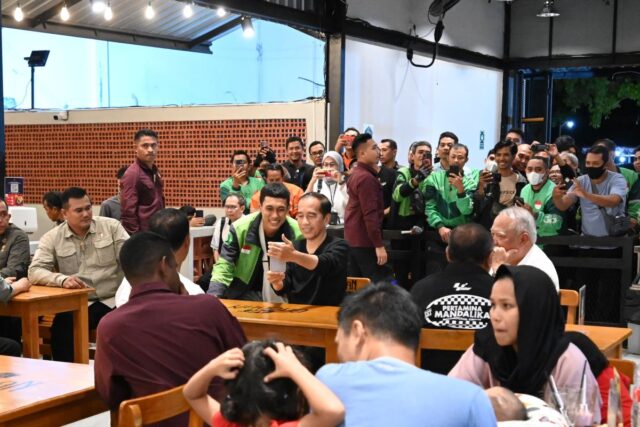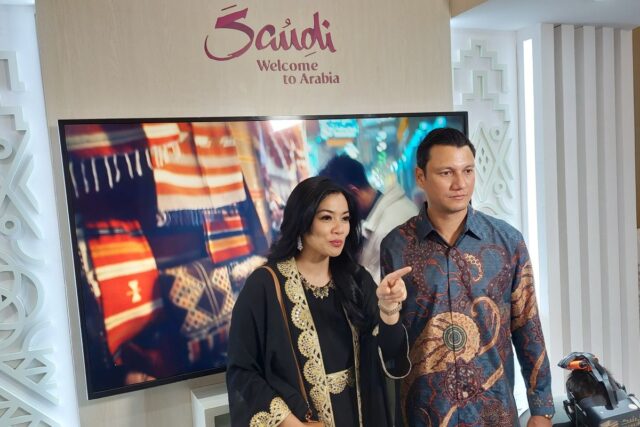Presiden Jokowi makan Mie Gacoan level 0 dan 1 di Mataram NTB
Presiden Joko Widodo, atau yang akrab disapa Jokowi, baru-baru ini membuat kejutan dengan makan mie khas NTB, yaitu Mie Gacoan level 0 dan 1 di Mataram. Kunjungan beliau ke daerah ini merupakan bagian dari Safari Ramadan 1443 H.
Mie Gacoan sendiri merupakan salah satu kuliner khas NTB yang terkenal dengan kepedasannya. Mie ini terbuat dari mie kuning yang disajikan dengan bumbu pedas dan daging ayam atau sapi. Tingkat kepedasan Mie Gacoan biasanya dibagi menjadi beberapa level, mulai dari level 0 yang tidak pedas hingga level 5 yang sangat pedas.
Presiden Jokowi tampak menikmati hidangan mie tersebut meskipun memilih level kepedasan rendah, yaitu level 0 dan 1. Beliau terlihat menikmati mie tersebut sambil berbincang dengan masyarakat sekitar.
Kunjungan Presiden Jokowi ke NTB ini juga merupakan kesempatan bagi beliau untuk berdialog dengan masyarakat setempat dan mendengar langsung keluhan serta aspirasi mereka. Selain itu, beliau juga memberikan bantuan kepada masyarakat yang membutuhkan dalam rangka bersilaturahmi di bulan Ramadan.
Kunjungan Presiden Jokowi ke NTB dan makan Mie Gacoan level 0 dan 1 di Mataram ini menunjukkan bahwa beliau adalah seorang pemimpin yang dekat dengan rakyat dan peduli terhadap keberagaman kuliner di Indonesia. Semoga kunjungan beliau ini dapat membawa keberkahan dan kebahagiaan bagi masyarakat NTB serta seluruh Indonesia.







